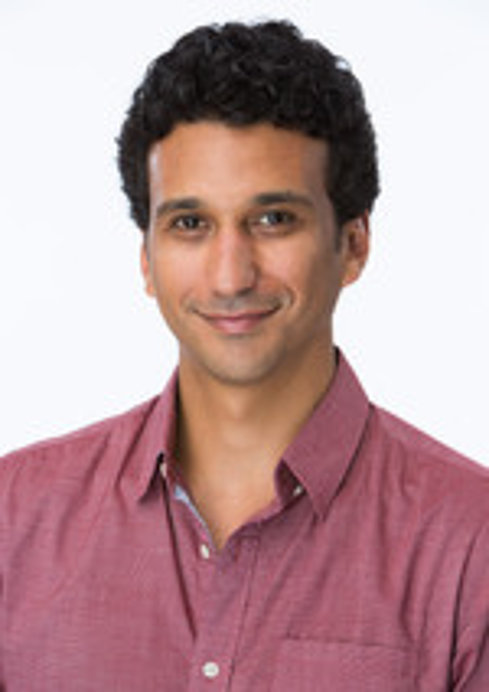2014 Winner & Finalists Eiman Azim, Ph.D. Postdoctoral Research Fellow Columbia University

Eiman Azim received undergraduate degrees in Biology and Philosophy from Stanford University in 2003. For his doctoral work he investigated molecular controls over neuronal development and diversity in the cerebral cortex with Jeffrey Macklis at Harvard University, earning his Ph.D. in 2010. As a postdoctoral research fellow in the laboratory of Thomas Jessell at Columbia University, Dr. Azim has been exploring the neural basis of skilled movement, using molecular, electrophysiological and behavioral approaches in the mouse to identify and characterize feedback pathways that control goal-directed reaching. He has received a Howard Hughes Medical Institute Fellowship from the Helen Hay Whitney Foundation, and is a recent recipient of an NIH K99/R00 Pathway to Independence Award.
Shortcuts and Checkpoints on the Road to Skilled Movement
When we catch a ball or throw a dart, we usually don’t give a second thought to the intricate neural circuits that orchestrate such dexterous behaviors. Yet for these actions to succeed, the nervous system must continuously tweak motor output to shape and refine movement of the arm. As a postdoctoral fellow with Tom Jessell, Eiman Azim and colleagues used the genetic accessibility of mice to disentangle individual spinal circuits that help achieve smooth and precise reaching movements. By applying mouse molecular tools to the investigation of skilled forelimb behavior, traditionally the domain of primate research, Dr. Azim’s work has provided direct support for long-standing theories about how internal feedback pathways within the central nervous system and external feedback from the muscles each contribute to fine motor control. In the future, Dr. Azim plans to build on the approaches he developed to investigate how the cerebellum uses feedback information to refine movement. More generally, he plans to explore how the elaboration of motor circuits across developmental and evolutionary time directs diverse repertoires of skilled motor behavior, with an eye toward a better understanding of human motor function and dysfunction.
For Dr. Azim‘s full essay, see Science online at sciencemag.org.
2014 Finalists
Allyson K. Friedman, Ph.D.
Ho Ko, Ph.D.
